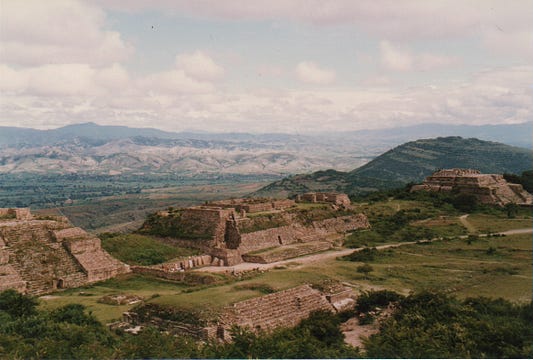Today’s Contemplation: Collapse Cometh X
April 29, 2021

Who Do Representative Governments Actually Represent?
Circumstances have kept me sidetracked from writing for a few months. As life has settled a bit, although the spring weather keeps me busy working in the food garden, I felt it time to post again. Here is a comment I wrote this morning in the Tyee in response to an article on corporate bailouts and a call to give government more power.
Almost all of us live within a narrative matrix that we exist in a fair and transparent world where the ruling class exists to serve the people of a particular territory, that government and its efforts/energies are directed primarily towards benefitting the citizens it is supposed to represent, and that the resources of the nation will be distributed in a way that is equitable and just. We are taught such a world exists through our government education systems and repeatedly told this via our corporate media. If glitches in the matrix occur, it’s because of some particular individual’s defect but never a systemic problem.
A look through pre/history and a gentle scratch at the surface of this general perspective, however, will show that this view is all bullshit. The ruling class exists to benefit itself, and this is always done at the expense of its citizens. They have created an elaborate narrative to market themselves as ‘representatives’ of the people in an ongoing and expansive attempt to legitimise their rule and power. And the vast majority of people believe the stories (primarily to reduce the cognitive dissonance that is created when the notion of living within a massive, propagandised world where one has little true agency in sociopolitical and socioeconomic matters collides with the sociocultural myths of ‘representative’ government and citizen participation).
Once you realise that the world you thought exists does not, you come to view situations such as corporate bailouts as part and parcel of the ruling class taking care of itself as they always do, and not in the least surprising. We can stamp our feet and shout as much as we want but such travesties of justice and righteousness have been going on since large, complex societies came into existence and it will continue to go on as long as they exist. Periodically a sacrificial corporate lamb is paraded out to demonstrate to the public the government’s not subservient to the oligarchs/elite, but this is all just part of the theatre. Occasionally a massive revolution comes along to try and shift the balance of power back to the citizenry, but mostly this simply results in one set of sociopathic elite being replaced by another equally sociopathic group of elite.
Giving government more power and control, as this author suggests, is not a solution by any stretch of the imagination. In fact, it is probably the opposite of what we want and plays right into the hands of the ruling class (for example, the narrative that we can continue business as usual by electrifying everything and transitioning to non-fossil fuel alternative energies is mostly about shifting capital from one dead-end, unsustainable, resource-intensive, and ecologically-destructive industry to another equally dead-end, unsustainable, resource-intensive, and ecologically-destructive one so the financial/economic Ponzi we exist within can continue for a while longer and further enrich those at the top of our social power structures).
The best thing one can do is attempt to remove one’s family and local community from this delusional matrix as much as is possible. Yes, make your displeasure and contempt for the way things are known, especially at a local level, but focus on building your community’s self-sufficiency and -reliance. Reduce your consumption. Grow your own food. Re-localise as much as possible. Stop depending on both government and corporations. Stop feeding the beast for it will consume us all while selling us lies and stealing our ‘wealth’.